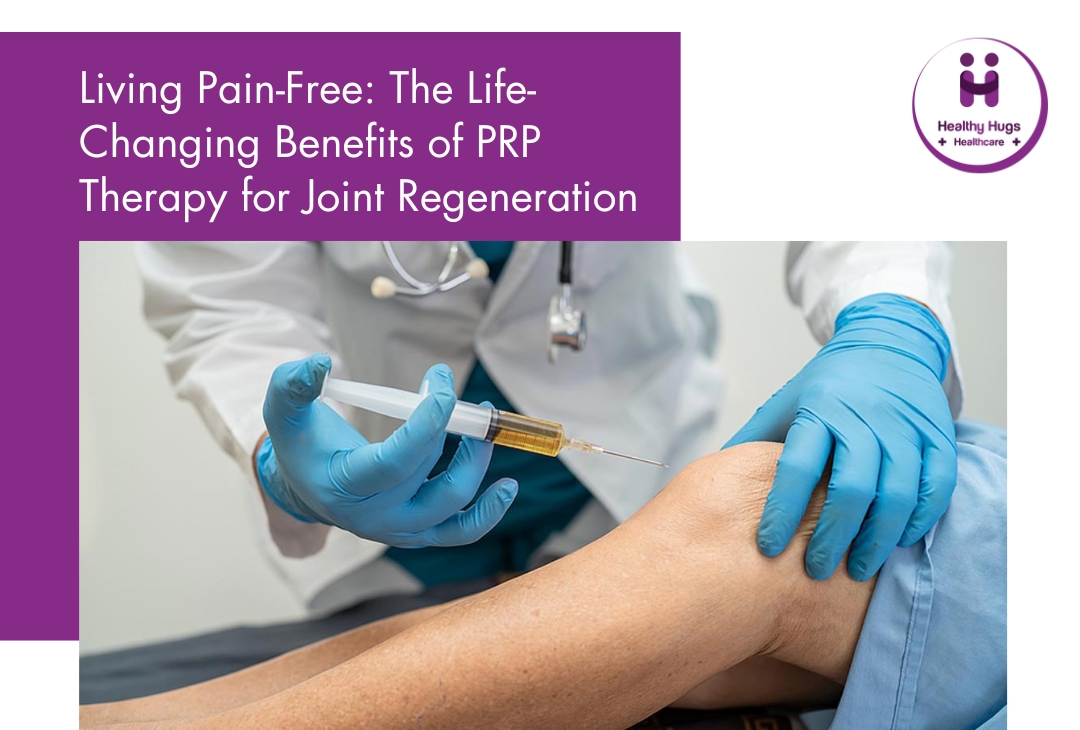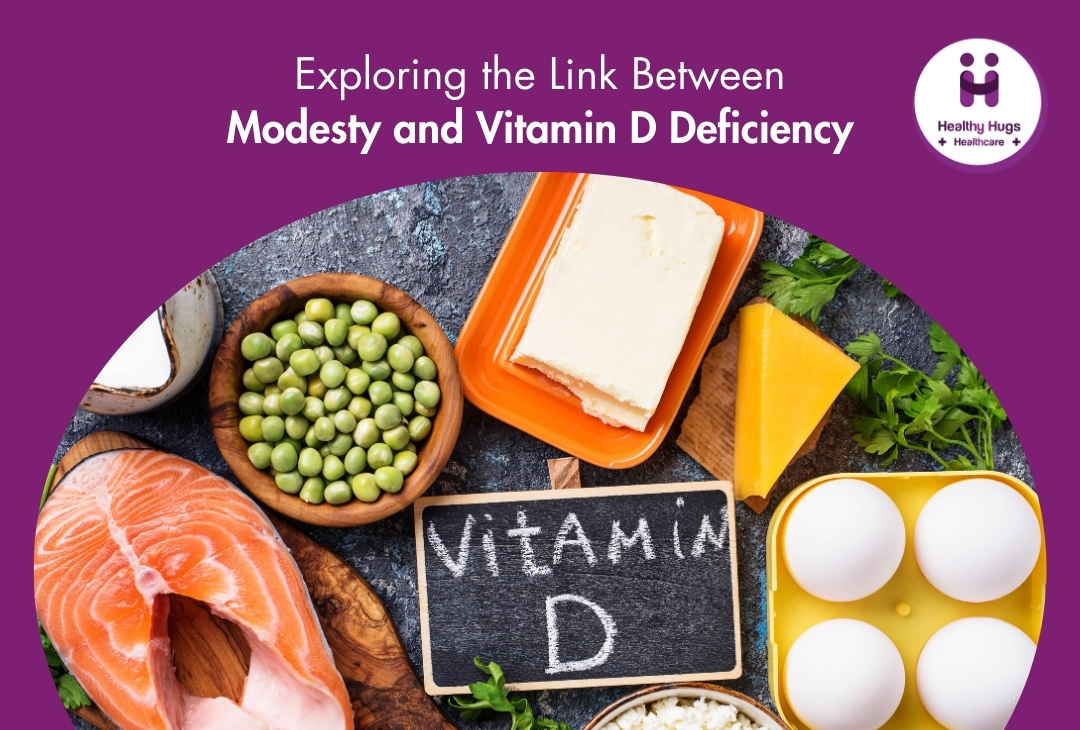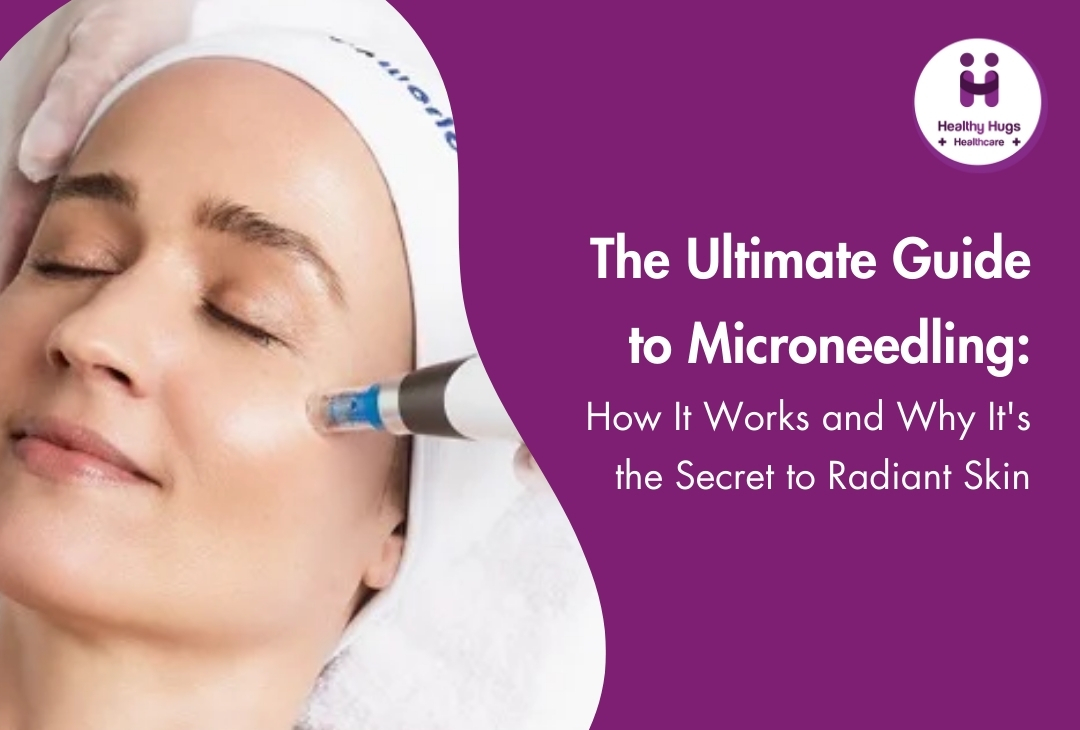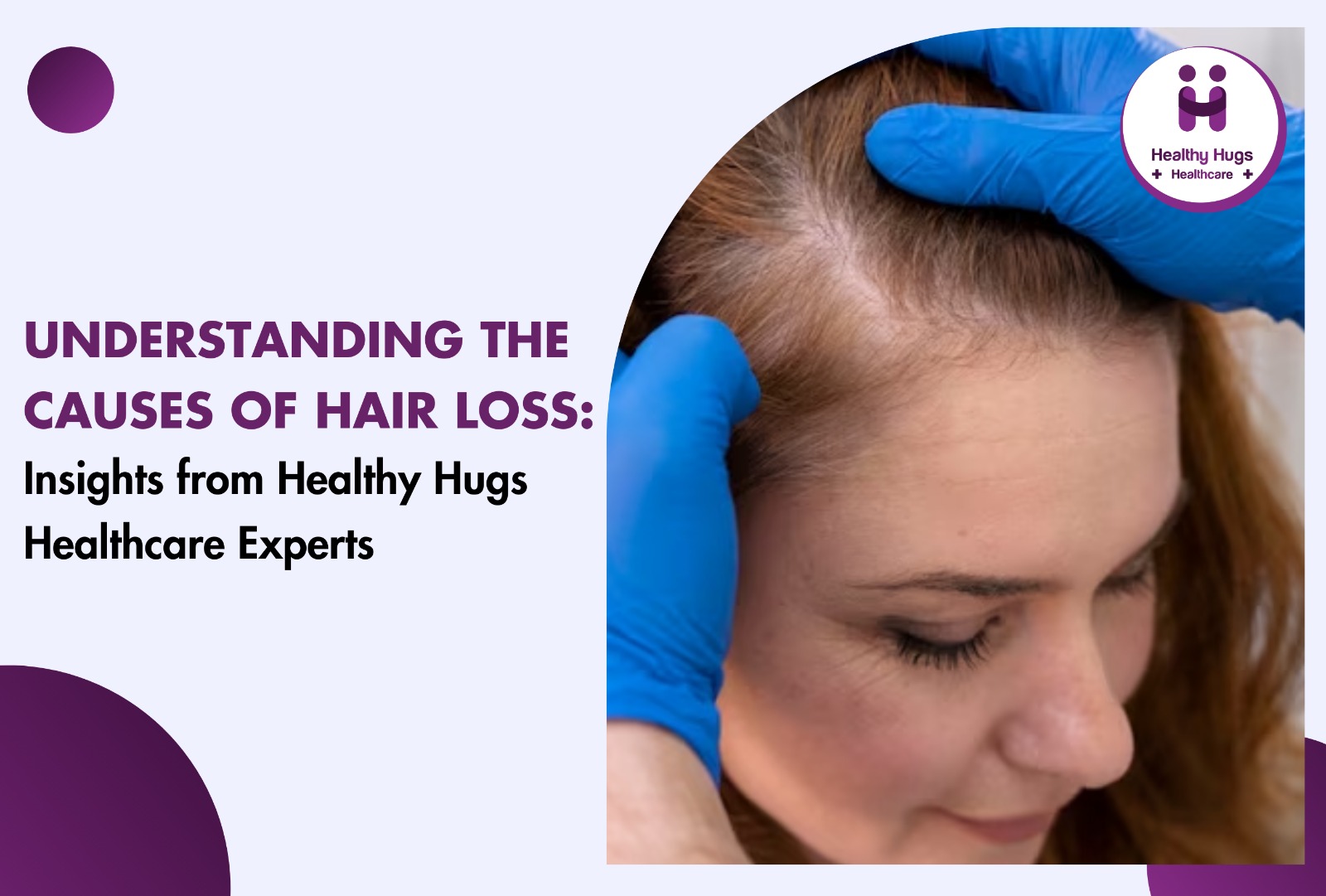

Have you ever considered the importance of nurturing your scalp for healthier hair?
Why scalp treatment is important?
At Healthy Hugs Healthcare, we recognize the vital role that scalp health plays in maintaining overall hair vitality and well-being. As champions of holistic health, we understand that a healthy scalp is the cornerstone of vibrant and resilient hair. Our commitment extends beyond traditional healthcare boundaries to encompass comprehensive scalp care. From addressing common scalp issues like dandruff and dryness to promoting scalp health therapy techniques, we are dedicated to empowering individuals with the knowledge and tools they need to nurture their scalps effectively.
Welcome to Healthy Hugs Healthcare, where we embrace the power of scalp health to foster a happier, healthier you.
Let’s understand the topic in depth.
Dandruff is characterized by the presence of white or greyish flakes of skin that shed from the scalp. It is often accompanied by itching but usually lacks significant inflammation.
Causes: Dandruff can be caused by dry skin, sensitivity to hair care products, or a yeast-like fungus called Malassezia that thrives on the scalp’s oils.
Seborrheic Dermatitis is a more severe form of dandruff, presenting with yellowish, oily, and scaly patches often accompanied by redness and inflammation.
Causes: This condition is also associated with Malassezia, but other factors like genetics, hormonal changes, stress, and certain illnesses can contribute.
Psoriasis is an autoimmune condition that accelerates the life cycle of skin cells, leading to the rapid buildup of cells on the skin’s surface, including thick, red patches covered with silvery scales
Causes: Genetics play a significant role, and triggers can include infections, skin injuries, stress, and certain medications.
Eczema (Atopic Dermatitis) is a chronic condition characterized by inflamed, itchy, and red skin. On the scalp, it can cause dryness, scaling, and oozing.
Causes: A combination of genetic and environmental factors, including allergens, irritants, and stress, can trigger eczema.
Folliculitis is the inflammation of hair follicles, often appearing as small, white-headed pimples around the hair follicles. It can be itchy and painful.
Causes: Bacterial (commonly Staphylococcus aureus) or fungal infections, friction from clothing or shaving, and blocked follicles due to oils or cosmetic products can cause folliculitis.
Scalp Acne is similar to facial acne, involving clogged pores leading to pimples, cysts, and potentially scarring.
Causes: Excess oil production, hormonal imbalances, and bacterial growth are typical causes.
Androgenetic Alopecia (Male and Female Pattern Baldness) is the most common form of hair loss, characterized by progressive hair thinning on the scalp.
Causes: Genetics and hormonal changes play a crucial role.
Alopecia Areata is an autoimmune disorder where the immune system attacks hair follicles, causing round patches of hair loss.
Causes: It involves a combination of genetic predisposition and environmental triggers.
High levels can shrink hair follicles, leading to pattern baldness.
Promotes hair growth; declines during menopause can cause thinning.
Imbalances (hypo/hyperthyroidism) can cause dry, brittle hair or hair loss.
Clogs pores and damages hair cuticles, leading to irritation, dandruff, and breakage.
Causes scalp burns, dryness, and weakens hair proteins, increasing brittleness.
Cold, dry climates cause dryness; hot, humid conditions lead to oiliness and potential fungal infections.
A, C, D, E, B-complex (biotin), zinc, iron, and selenium support scalp health and hair growth.
Reduce inflammation and nourish the scalp.
Essential for hair strength and growth; found in lean meats, fish, and beans.
Necessary to maintain scalp moisture and prevent dryness.
Stress causes premature hair shedding and noticeable thinning.
Increased by chronic stress, leading to an oily scalp and dandruff.
Stress weakens the immune system, making the scalp prone to infections.
Habits like scratching can damage the scalp and exacerbate issues.
At Healthy Hugs Healthcare, we believe that a healthy scalp is the foundation of vibrant, beautiful hair. Understanding the conditions that affect the scalp—hormonal influences, environmental impacts, diet and nutrition, and stress—allows us to offer comprehensive scalp health therapy tailored to your needs.
By addressing hormonal imbalances, protecting against environmental damage, ensuring proper nutrition, and managing stress, we can help you achieve optimal scalp health. Our personalized care routines, treatments, and preventive measures are designed to maintain and enhance your scalp’s well-being.
Consultant Cosmetologist & Lifestyle Diseases Specialist







If you have any questions related to treatment programs, membership plans, appointments, etc. feel free to contact us!